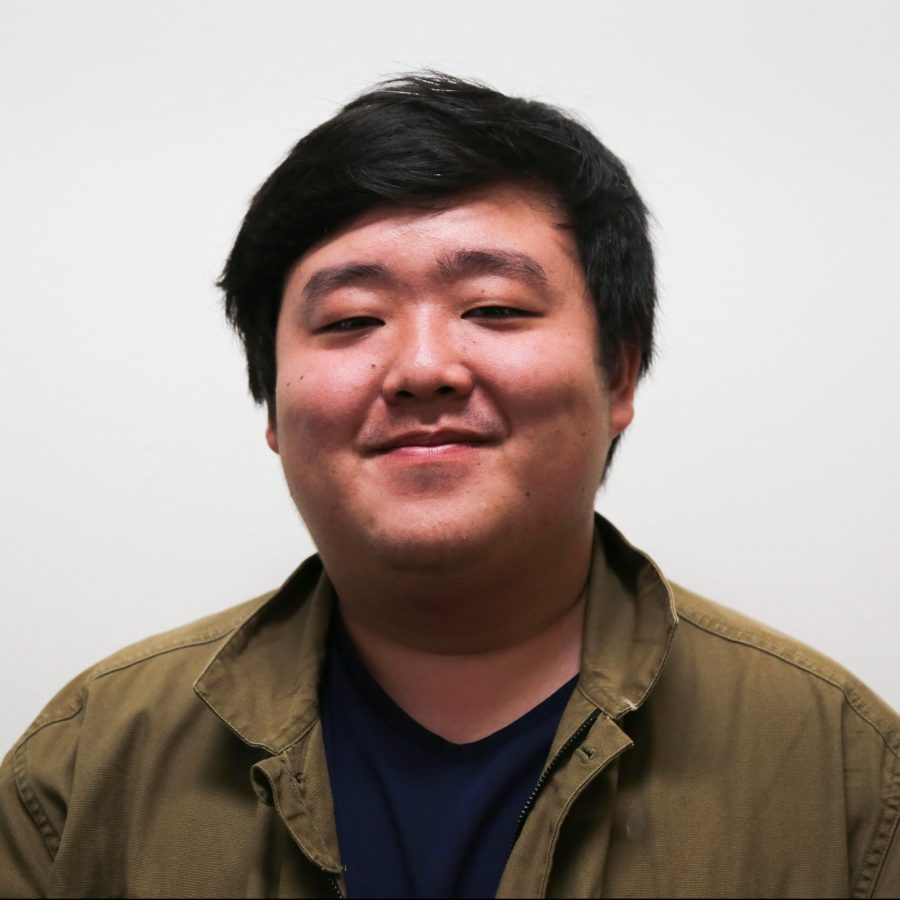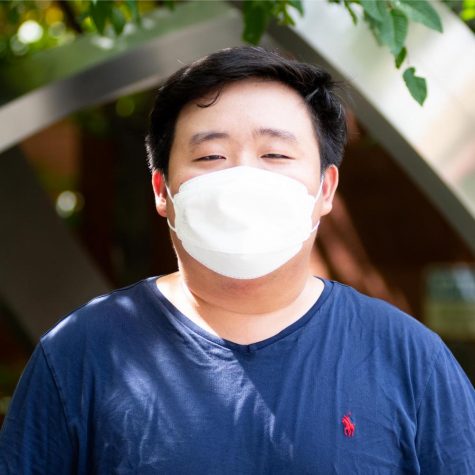In the last couple of years, K-pop has expanded into the global cultural sphere, with groups like BTS, BLACKPINK and TWICE gaining massive followings and embarking on tours stretching across China, the United States and Europe. The popularity of K-pop has been so immense that the South Korean government has even utilized it for soft power diplomacy, including K-pop stars in a performance for North Korean leader Kim Jong-un.
There’s no doubt that K-pop has been an international success, but the reality is that these achievements were the results of the exploitation of artists. Due to the strong influence of entertainment companies, artists have virtually no say in day-to-day processes. Using top-down corporate strategies, companies have been able to cultivate some of the most well-known entertainers in the world. However, the process that companies make groups endure to become successful is problematic.
When entering the K-pop scene, artists go through a strict training regimen for three to five years which can involve body-shaping procedures like plastic surgery. Additionally, K-pop faces the problem of forced extreme dieting. Entertainment companies, especially SM and YG, have guidelines for how their artists can act and present themselves, and artists are required to abide by them. As a result, some individuals are forced to resort to starvation diets. Soyou, a member of the girl group Sistar, said she only ate four quail egg whites and a cup of milk every day as part of an unhealthy diet. By forcing group members to adhere to an unhealthy diet regimen and strive for an almost impossible body image, these guidelines go too far. They not only create a dangerous environment for artists, but also promote the starvation diet to fans and the general public.
Up until 2009, group members were often forced to sign “slave contracts,” wherein they agreed to deals lasting up to 13 years. Oftentimes, these contracts were signed before the training period, so they did not even guarantee a spot in a group in the future. These contracts prioritized the profits of the corporation over the basic welfare of the workers.
Though the South Korean Fair Trade Commission has since limited the term of such contracts to seven years, there are still major issues with these agreements. One is the fact that if an individual decides to quit, they are “required to pay their agencies a sum calculated from the average profits made from performances and music sales.” Clearly, the problem of the lopsided contracts has still not been resolved.
However, the top-down control of companies is not just limited to physical appearance. Their strict hold on artists even stretches to artistic endeavors. Kris Wu, former member of boy band EXO, explained in a radio interview how he had no freedom to make the type of music he wanted. Because of this, he left the group to focus on his solo work.
This restriction of artistic expression is an unnatural way of making music. By artificially crafting and controlling an individual’s creative process, corporations fail to recognize the inherent freedom and fluidity of music. As a result, K-pop loses some of its artistic potential as it’s choked out by corporate greed.
Riddled with unhealthy beauty standards, unfair contracts and restriction of creativity, it’s clear that the K-pop industry is solely focused on profit rather than protecting its artists or supporting their vision and dreams. What we need to recognize and fight, first and foremost, is the root problem of corporate greed. Only then can we begin to create a healthier environment for artists in an industry loved worldwide.
Opinions expressed on the editorial pages are not necessarily those of WSN, and our publication of opinions is not an endorsement of them.
A version of this article appeared in the Monday, April 29, 2019, print edition. Email Jun Sung at [email protected].
























































































































































